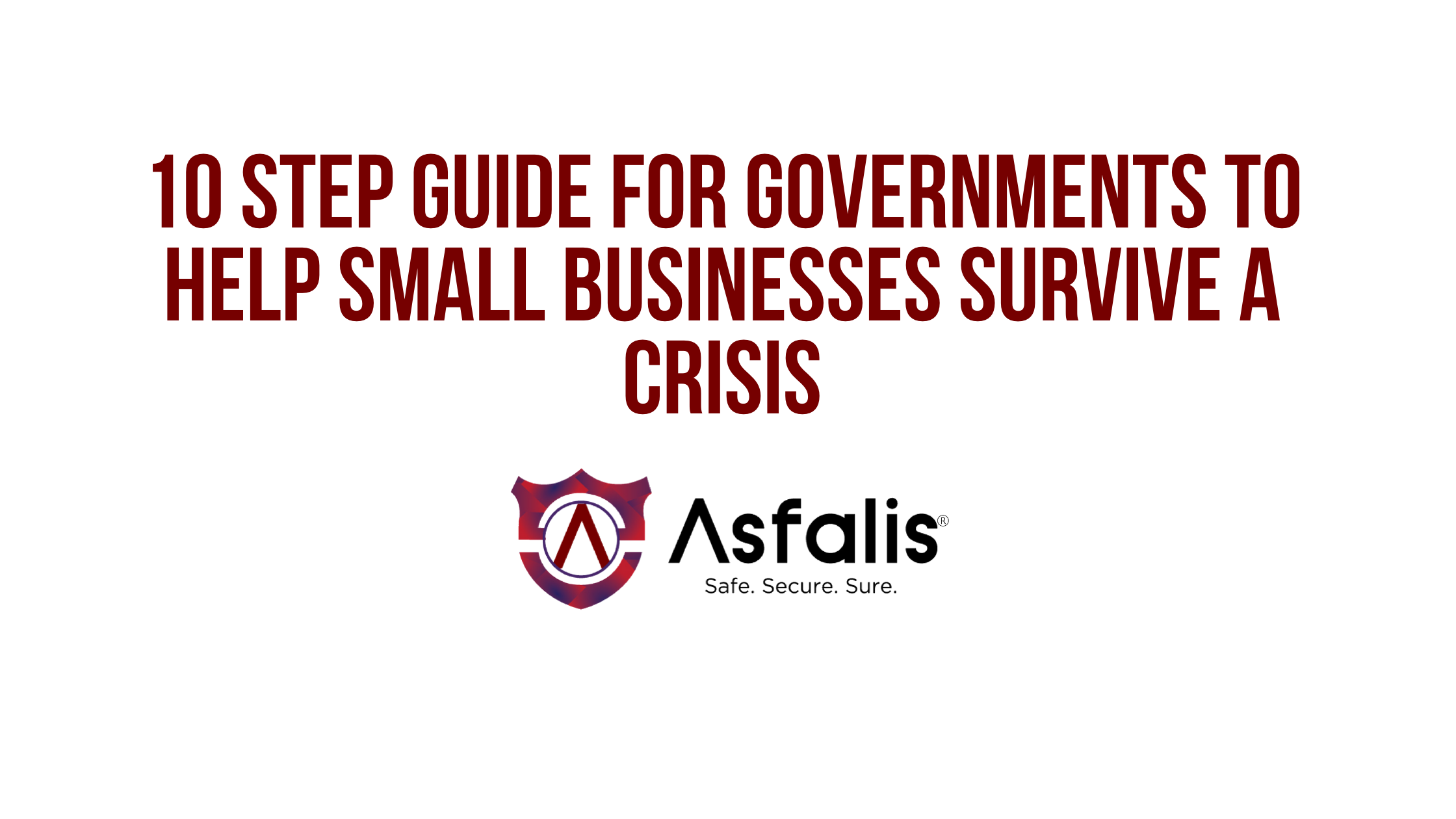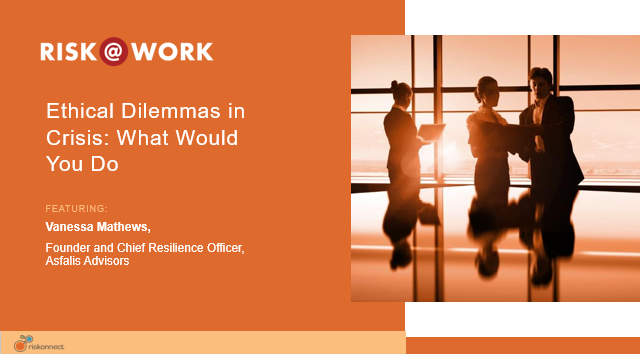How often is your company attributing to the illegal goods and services running through the global supply chain?
Imagine turning on the news and your company’s trucks and containers are filled with human beings who are being sold, which is essentially modern-day slavery. Imagine your company is in the headlines for fostering an environment of forced labor and labor exploitation. What would your initial reaction be? Would you be surprised?
Human Trafficking is one of the fastest growing criminal enterprises, bringing in an estimated $150 billion annually. The criminals behind human trafficking understand where your supply chain starts and ends, just as well as you do, and they exploit your vulnerabilities.
Whether you manufacture technology, clothing, or food products, most processes begin where the raw materials are created. Often times, human trafficking is more susceptible in trades where there is unskilled labor, dangerous work environments, or low paying jobs where the positions are often filled with minorities. Companies with seasonal operations are also highly susceptible, and vulnerable to forced overtime and working longer hours. The pressure of high consumer demands, competition that leads to lower costs, and the urgency to hire temporary employees increases the risks to businesses.
An undefined strategy to combat human trafficking increases operational, reputational, and financial impacts for businesses, which can rapidly bubble up into a crisis. Proactive organizations are addressing supply chain risks within their risk assessments and are actively engaged with monitoring and mitigating the gaps.
Asfalis Advisors invites you to expand business resilience and innovation at the strategic level in your organization, by booking Vanessa Vaughn, Founder and Chief Resilience Officer of Asfalis Advisors at your company.




